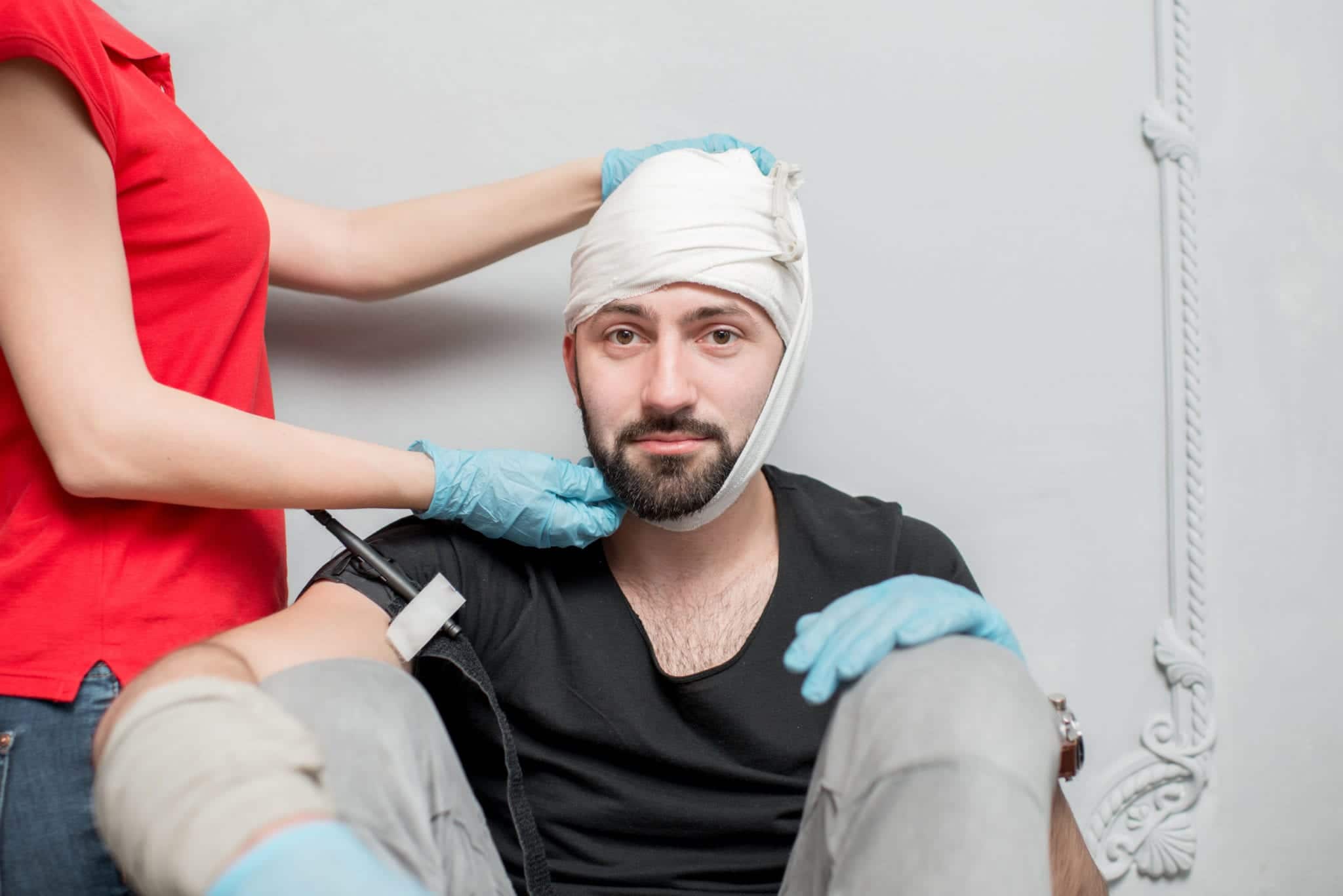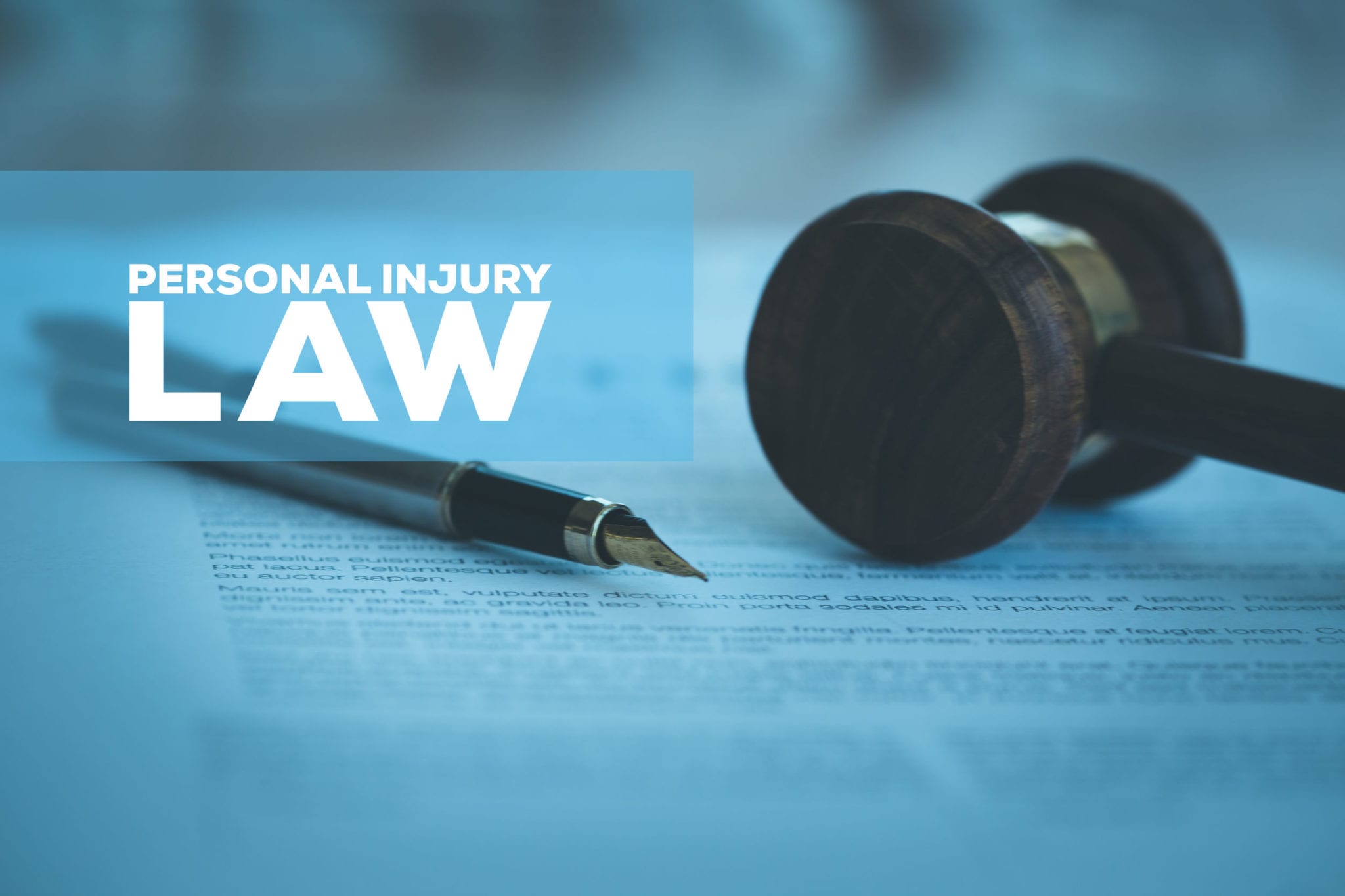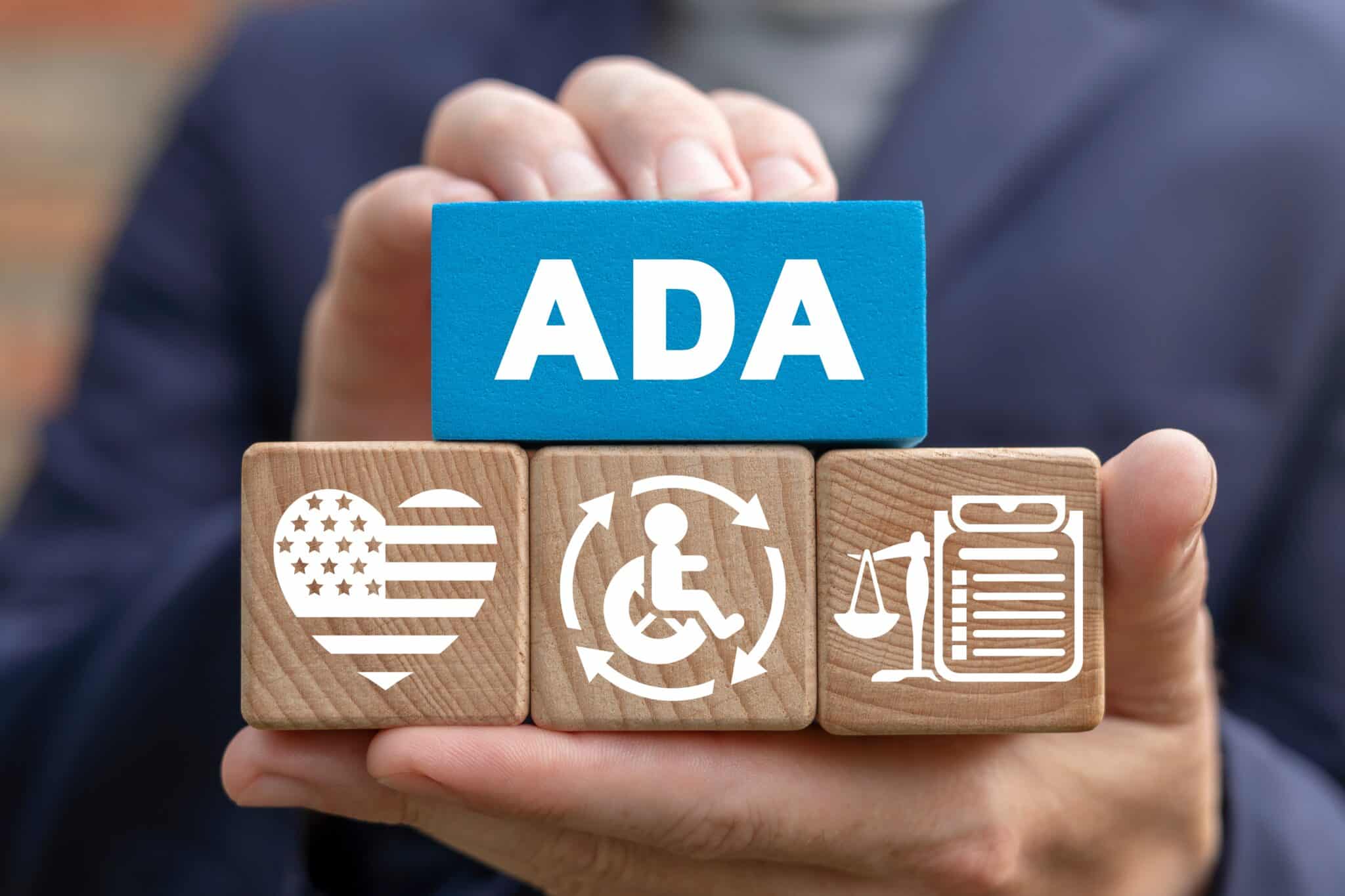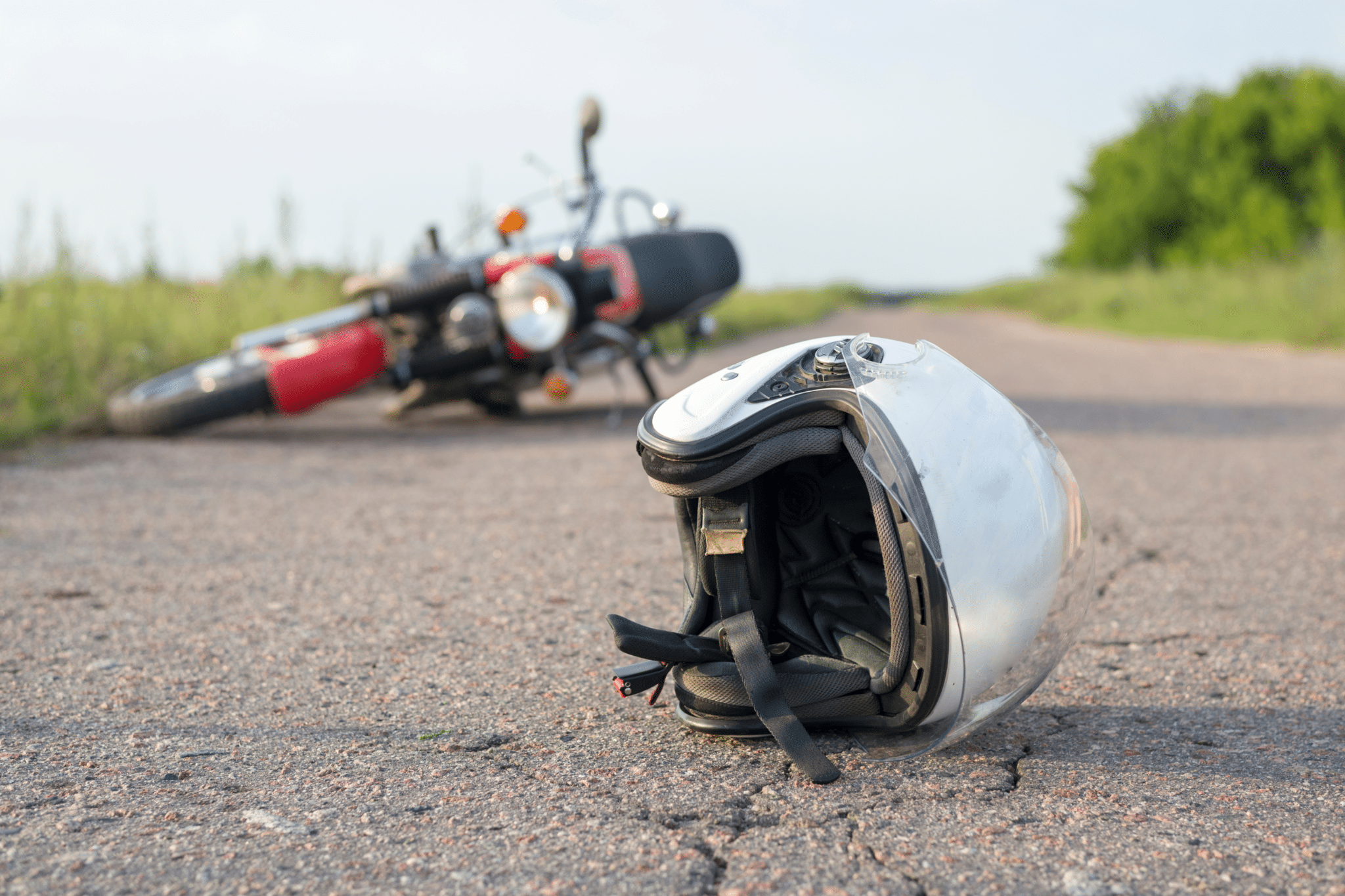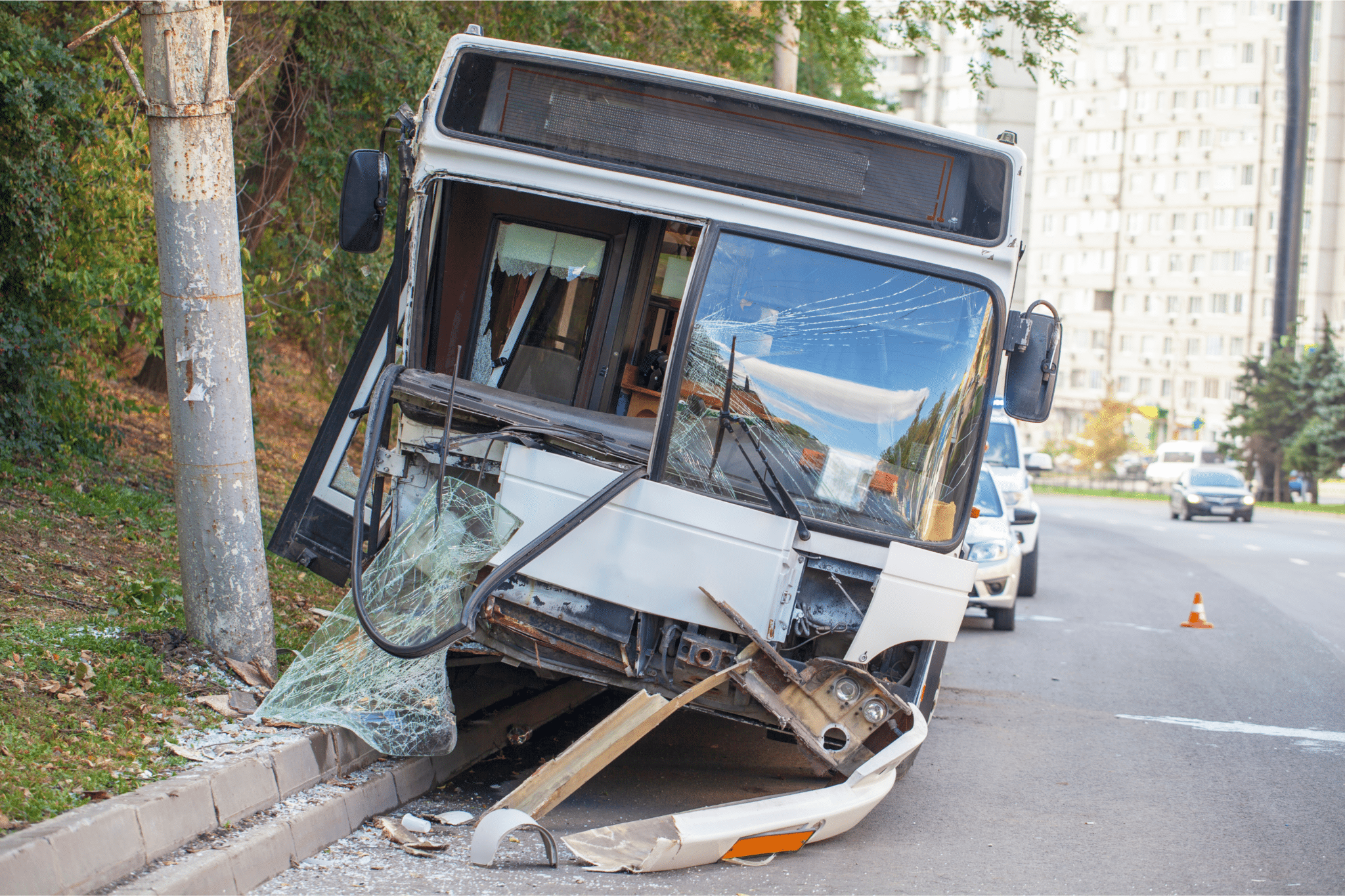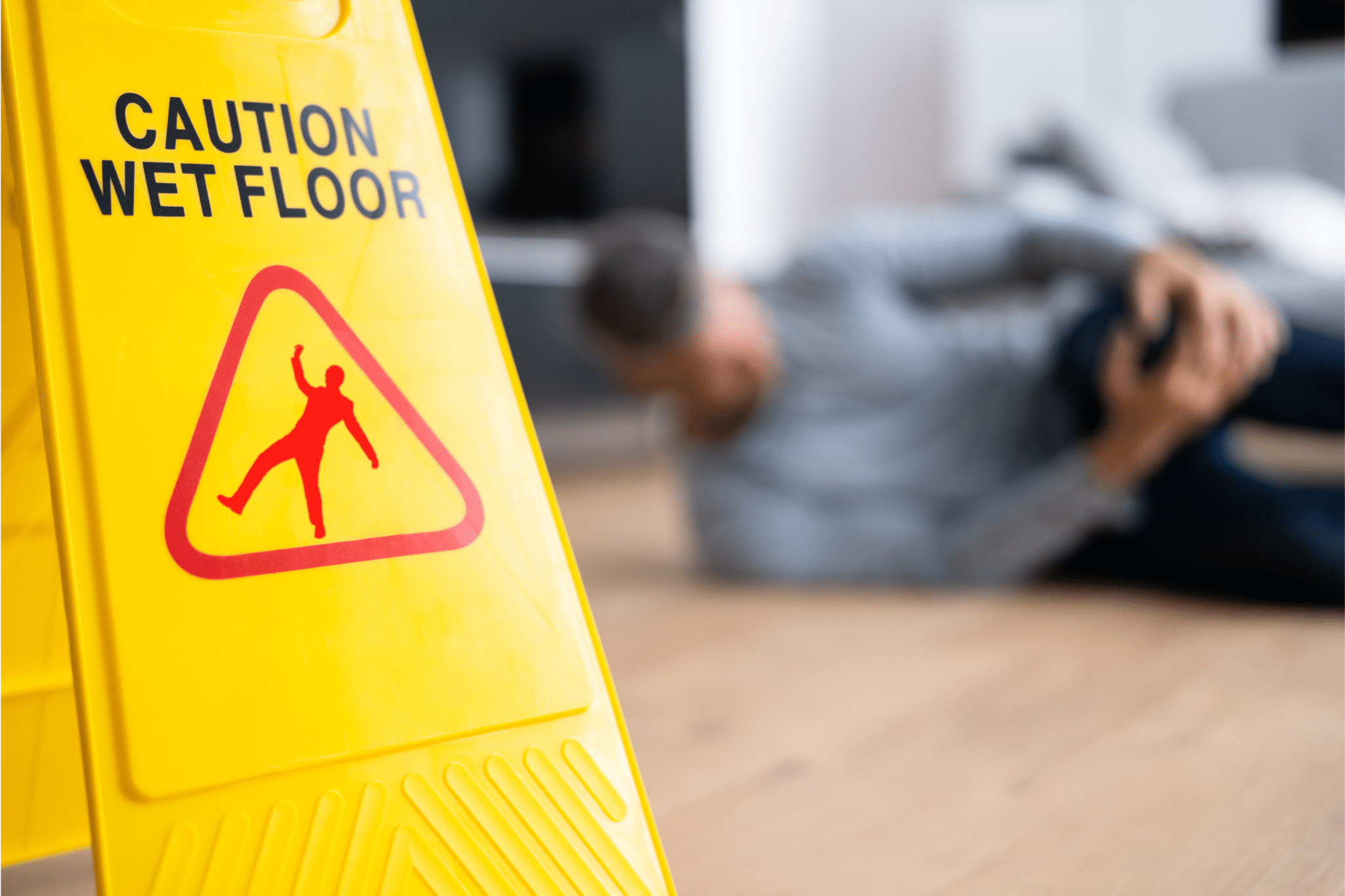Can My Contractor Sue Me If He Gets Hurt in My Home?
Everyone slips and falls at some point in their lives. In many cases, the person who falls just gets back up and brushes themselves off no worse for the wear.
Sometimes, however, a slip and fall can be much more severe.
As a homeowner, you could wind up shouldering the blame if it happens on your property. For this reason, it’s important to understand liability and negligence in the event someone is injured or even dies on your property.
In Florida, the laws concerning slip and fall accidents can have a big impact on the outcome of any suit that could be filed against you. Here’s what you need to know to protect yourself and your property.
Premises Liability in Florida: What to Know
In Florida, premises liability is a form of negligence. It is meant to hold the homeowner responsible for any injuries that can happen when other people are present on their property.
There are generally three different classifications that people who are on another person’s property fall into to determine what the homeowner’s duty of care is.
They are:
- Business visitors – If you own or operate a small business on your property, then you’re required to have the property regularly inspected for dangers
- Social guests – At your home, any dangers present must be made known to visitors and they must be warned
- Trespassers – Even if someone is on your property illegally, you still have a duty not to harm them intentionally
If a contractor is working on your property, then you must warn them of any potential hazards in order to fully meet the duty of care expected of you.
Proving Negligence Under Florida Law
In order to be held accountable for a slip and fall accident that occurs on your property, it must be established that you were negligent. To do that, it must be established that you had a duty of care to the injured party to provide a safe place and that the duty was breached by a problem you caused yourself or a problem you failed to resolve.
Under Florida law, a property owner in a slip and fall case is negligent if they are aware there is a problem. If the cause of the slip and fall was something you were unaware of, then you may not be found negligent – with one exception.
There are two ways knowledge can be implied. Actual knowledge is the first, which is pretty self-explanatory. The second way knowledge can be implied is when the owner of the property should have known that something was likely to cause a slip and fall accident, such as an area being prone to be flooded or having things spilled.
So, if the property owner should have known that something was dangerous based on precedent or common sense and made a reasonable accommodation to ensure the area was safe, then they are likely not going to be found negligent. If they didn’t, then it can be argued as a breach of duty that was owed to the injured party.
The burden of proof remains with the injured party to show that the homeowner was negligent.
Pure Comparative Negligence Rule
Florida operates under a pure comparative fault system. This is a system in which the level of negligence that is assigned to the plaintiff will directly impact the damages they can recover.
If, for example, the contractor injured on your property is found to be 80 percent at fault for the accident, that still means they can collect 20 percent of their damages from the homeowner.
It is not an all-or-nothing system, so even if a homeowner is found not to be at fault completely, that doesn’t mean a judgment can’t be made against you.
Common Defenses for Slip and Fall Cases
When someone else hurts themselves on your property, there are many defenses that can be presented on your behalf. A few of the most common slip and fall defenses include:
The Blame is on the Plaintiff
This fits in with the idea of comparative negligence as it determines how much at fault the plaintiff was in the accident that befell them. This is why it’s a good idea never to share any information about an accident that occurs on your property on social media or through statements made at the scene. You must always remember to act in your own best interest when it comes to liability and negligence.
You Were Unaware of Conditions
If you didn’t know of a hazard on your property, then you cannot be reasonably expected to caution someone against it. There are intricacies to this defense that an attorney can help you with.
The Danger was Obvious
If a reasonable person could have seen the danger presented by something, then that’s a good defense to use in a Florida slip and fall case.
Your first line of defense is always to take precautions so no one gets hurt in your home or on your property! If you have questions about whether something in your home may pose a serious risk to contractors, reach out to an experienced Florida liability attorney.
About the Author:
Andrew Winston is a partner at the personal injury law firm of Winston Law. For over 20 years, he has successfully represented countless people in all kinds of personal injury cases, with a particular focus on child injury, legal malpractice, and premises liability. He has been recognized for excellence in the representation of injured clients by admission to the Million Dollar Advocates Forum and named one of America’s Top 100 High-Stakes Litigators. Mr. Winston is AV Preeminent Rated by the Martindale-Hubbell Law Directory, enjoys a 10.0 rating by AVVO as a Top Personal Injury Attorney, has been selected as a Florida “SuperLawyer” from 2011-2020 – an honor reserved for the top 5% of lawyers in the state – was voted to Florida Trend’s ”Legal Elite,” recognized by Expertise as one of the 20 Best Fort Lauderdale personal injury attorneys, named one of the Top 100 Lawyers in the Miami area for 2015-2017, and one of the Top 100 Lawyers in Florida for 2015-2017 and 2019.
 What Your FL Taxi Driver Could be Liable for After an Accident
What Your FL Taxi Driver Could be Liable for After an Accident 